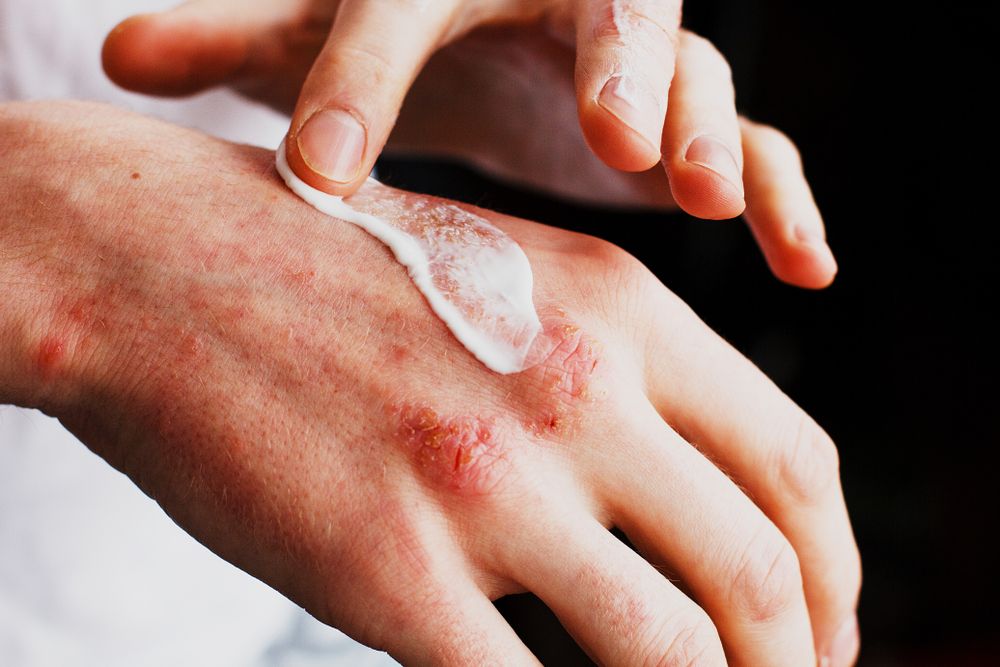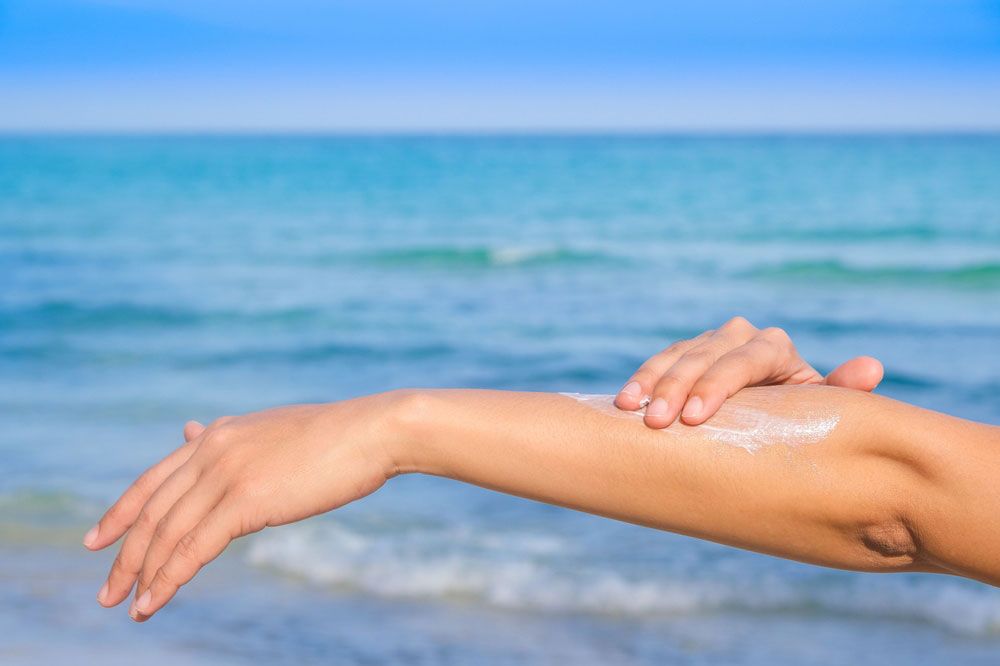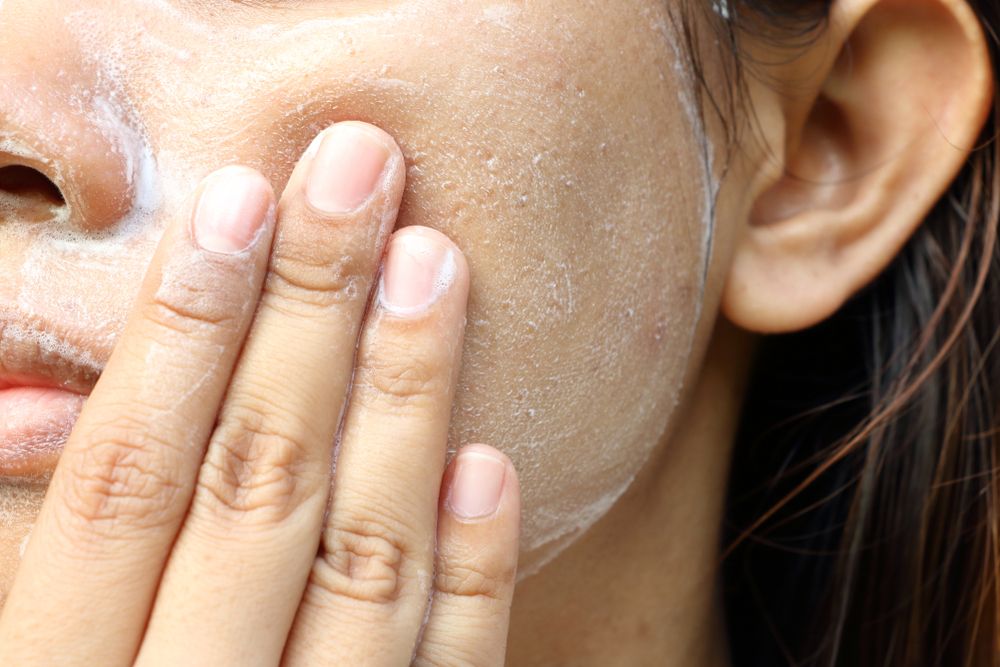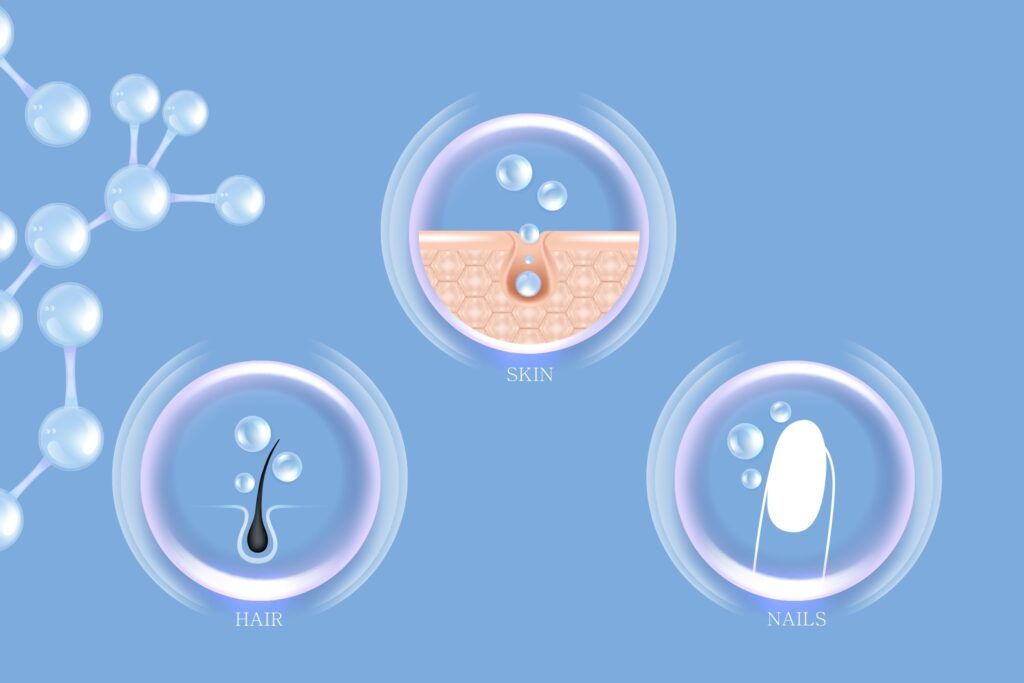At Borealis Dermatology, we understand that skin conditions like eczema can be complex and overwhelming. Eczema, a chronic and often misunderstood skin condition, can take on various forms and affect people differently. In this comprehensive guide, we aim to shed light on the different types of eczema, providing insights into their unique characteristics, symptoms, and how our expert dermatologist, Dr. Navin Arora, can help you effectively manage them.
Eczema: An Overview
Eczema, medically known as atopic dermatitis, is a chronic inflammatory skin condition characterized by itchy, red, and inflamed skin. It often appears as patches or rashes and can vary in severity. Eczema is a broad term that encompasses several distinct types, each with its own specific features. Let’s delve into these different forms of eczema:
1. Atopic Dermatitis
Atopic dermatitis is the most common type of eczema, often starting in infancy and affecting millions of children and adults. It typically appears as red, itchy, and dry patches on the skin, which can become scaly or weepy when scratched. Common areas of involvement include the face, neck, and the bends of the elbows and knees.
2. Contact Dermatitis
Contact dermatitis occurs when the skin comes into contact with irritants or allergens, leading to an inflammatory response. It can be divided into two subtypes:
- Allergic Contact Dermatitis: This occurs when an individual develops an allergy to a substance they have come into contact with, such as certain cosmetics or metals like nickel.
- Irritant Contact Dermatitis: This is caused by direct contact with irritating substances like detergents, acids, or chemicals. It is more common than allergic contact dermatitis.
3. Dyshidrotic Eczema
Dyshidrotic eczema, or pompholyx eczema, primarily affects the palms of the hands and the soles of the feet. It is characterized by the development of small, itchy blisters that can be painful and may lead to peeling skin.
4. Nummular Eczema
Nummular eczema presents as coin-shaped, red or brownish plaques on the skin. It often appears on the arms, legs, or torso and can be intensely itchy. This type of eczema is sometimes mistaken for fungal infections.
5. Seborrheic Dermatitis
Seborrheic dermatitis mainly affects areas of the skin with a high density of oil glands, such as the scalp, face (especially around the eyebrows and nose), and chest. It is characterized by redness, scaling, and flaking.
6. Stasis Dermatitis
Stasis dermatitis typically occurs in individuals with poor circulation, often associated with varicose veins or venous insufficiency. It primarily affects the lower legs and ankles, causing skin to become red, swollen, and itchy.
7. Neurodermatitis
Neurodermatitis, also known as lichen simplex chronicus, is characterized by thick, scaly patches of skin that result from repeated scratching or rubbing. It often occurs in localized areas, such as the neck, wrists, or ankles.
How Dr. Navin Arora Can Help
Managing eczema effectively involves a personalized approach tailored to the specific type and severity of the condition. Dr. Navin Arora, our board-certified dermatologist at Borealis Dermatology, is highly experienced in diagnosing and treating various forms of eczema. Here’s how he can help:
- Accurate Diagnosis: Dr. Arora begins by carefully evaluating your skin and medical history to accurately diagnose the type of eczema you have. An accurate diagnosis is essential for designing an effective treatment plan.
- Customized Treatment Plans: With a deep understanding of eczema’s nuances, Dr. Arora creates customized treatment plans to address your unique needs. These plans may include topical treatments, oral medications, lifestyle modifications, and advanced therapies.
- Education and Support: We believe that patient education is paramount. Dr. Arora and our team provide comprehensive guidance on managing your eczema, including proper skincare routines, triggers to avoid, and how to alleviate symptoms during flare-ups.
- Advanced Therapies: For severe or treatment-resistant cases of eczema, Dr. Arora may recommend advanced therapies such as phototherapy (light therapy) or biologic medications. These treatments can provide relief and improve the quality of life for those with challenging eczema.
- Emotional Support: Dealing with eczema can take a toll on your emotional well-being. Dr. Arora and our compassionate team offer emotional support and strategies for coping with the emotional aspects of living with eczema.
Join Us in Your Eczema Journey
At Borealis Dermatology, we understand the physical and emotional challenges that eczema can bring. We are committed to helping you effectively manage your eczema, regain control of your skin, and improve your overall quality of life. Whether you’re dealing with the itchiness of atopic dermatitis, the discomfort of contact dermatitis, or any other type of eczema, we’re here to provide expert care and support throughout your journey to healthier, more comfortable skin. Contact Borealis Dermatology today at 516-246-8800, or visit our Garden City or Syosset clinic.






